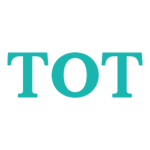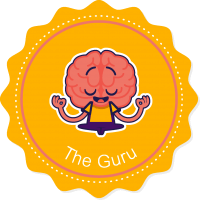Computational thinking (CT) is a problem-solving process that involves steps like formulating a problem, finding a solution and elucidating in a way that humans or machines can understand the solution. Characterisation of computational thinking is the ‘3 As’ iterative process based on three stages– 1. Abstraction deals with problem formulation, which means observing an event and formulating the problem statement, 2. Automation creates an algorithmic solution and 3. Analysing deals with solution execution and evaluation.
COMPUTATIONAL THINKING IN EDUCATION
The most important function of education is to prepare our students for a future, about which we know a little. “The ways in which the upcoming generations work, interact, and communicate with technology will continue to evolve at a rapid pace. Young children will have to be equipped with computational thinking and technology-driven perspectives that will drive many tools and services of tomorrow,” said Ratnesh Jha, managing director – South Asia, Cambridge University Press. The students have to be equipped to live and lead in a world where humans and machines will coexist. “Students should be educated about CT as it is an enabler that will equip them with higher order thinking skills to adapt to problem-solving approach in any aspect of life,” said Maneesh Prateek, dean, School of Computer Science, UPES.
COMPUTATIONAL THINKING V/S CODING
Coding is the expression which helps deliver the solution which is understandable and executable by a machine, while CT is a problem-solving process wherein the solution is designed to make humans and machines understand and execute it. “Coding is a post-process of CT. It is the intellectual ability to lay down commands and making the computer process information to perform a function. Computational thinking helps in breaking down the task and know how to execute the solution,” said Arun Albert, head, Training and Professional Development, OP Jindal Global University.
PROFESSIONAL RELEVANCE
“Computing is a fundamental part of daily life commerce in the modern economy. This is an era where machines, digital technology and innovation are working with humans to enhance capabilities,” added Jha. In the contemporary times, computational thinking touches all aspects and functions of business setup. Its need has been identified and is becoming ever crucial as a skill at the workplace where almost everything is driven by data – be it analysing human behaviour, changes in the financial market, health sector hygiene. “As big data is a crucial part of people’s lives, statistics need to be added more prominently, in education and jobs. Stronger integration of statistics will require a cadre of professionals equipped with fluent computational skills,” SV Subramanian, professor of Population Health and Geography at Harvard University.




